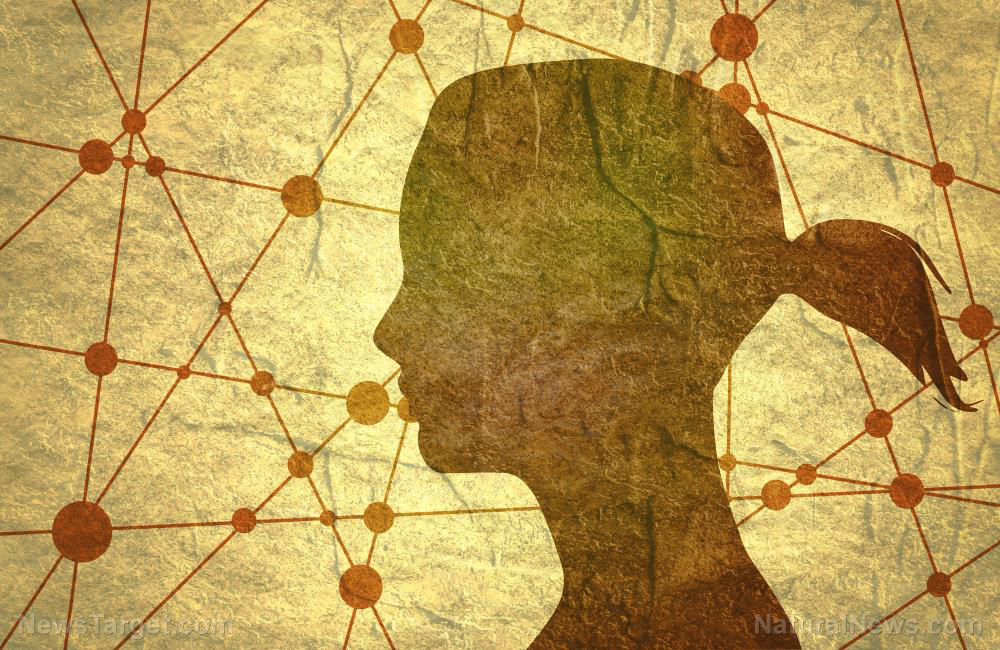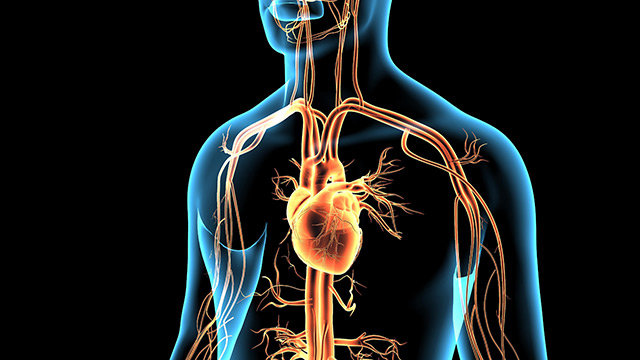Magnesium and anxiety: A look at the benefits and how to include it in your diet
10/15/2019 / By Grace Olson

Magnesium is called “nature’s relaxation mineral” because of its crucial role in helping the body relax. This makes the mineral more important these days, when people are constantly under stress and feeling anxious. The latter, in particular, has been linked to certain mental disorders, including depression and GAD (general anxiety disorder). Because of magnesium’s relaxing properties, it has been linked to helping reduce anxiety.
Can magnesium help reduce anxiety?
A person who is stressed often experiences feelings of anxiety. Common symptoms of anxiety include an increased heart rate, rapid breathing, lethargy, and digestive or gastrointestinal problems.
Magnesium helps address these symptoms in two ways:
1. Magnesium inhibits the NMDA receptors.
NMDA receptors, which is short for N-methyl-D-aspartate, are crucial to the central nervous system. They regulate the flow of information from one neuron to another. Magnesium helps manage these NMDA receptors, thus resulting in a better flow of thoughts and ideas.
2. Magnesium binds with GABA receptors.
Magnesium also helps in activating the parasympathetic nervous system – the system in charge of helping the body relax. Magnesium binds with gamma-aminobutyric acid (GABA) receptors. The GABA receptors are the neurotransmitters responsible for calming nerve activity.
Both of these qualities of magnesium help reduce the symptoms of anxiety.
Other health benefits of magnesium
Magnesium helps in over 300 biochemical reactions within the human body, beyond helping it relax. Here are just some of its benefits.
- Magnesium helps maintain bone health. It helps calcium assimilate with bone, which prevents osteoporosis. When the recommended daily intake of magnesium is reached, it contributes to greater bone density and bone crystal formation. Aside from this, magnesium also helps the kidneys synthesize vitamin D for use in the body.
- Magnesium aids in preventing diabetes. Magnesium helps in breaking down carbohydrates and glucose, giving it an indirect relationship with diabetes. Some studies have shown that a higher intake of magnesium contributes to a lower risk of diabetes. On the other hand, low magnesium levels are associated with a lower sensitivity to insulin and impaired insulin secretion – both of which are precursors to diabetes.
- Magnesium prevents cardiovascular disease. It is needed in the development and maintenance of the muscles, including the heart. Having sufficient magnesium levels may lead to a decreased risk of hypertension (high blood pressure) and atherosclerosis (the buildup of fats around the heart).
Magnesium-rich foods
Magnesium is found in a wide array of foods, which can easily be added to a person’s meal. It is found in all kinds of fruits, vegetables, and seeds. Here are some of the foods rich in magnesium:
- Dark leafy greens. These include baby spinach, collard greens, kale, or Swiss chard. Buy them from the local grocery store, farmers markets, or grow them in a garden.
- Avocados. They are popular fruits commonly used in smoothies or eaten as a condiment. They contain heart-healthy nutrients and are rich in magnesium. Adding just a half of an avocado to a meal amounts to 15 percent of the recommended daily intake.
- Nuts and seeds. These include pumpkin seeds, almonds, sunflower seeds, Brazil nuts, cashews, pine nuts, and pecans. They can be added to a variety of foods such as oats, whole wheat bread, and home-made granola. They can also be eaten by themselves.
- Fish. Tuna, mackerel, and wild salmon are rich sources of magnesium, aside from also containing vitamin D and omega-3 fatty acids. They can be roasted, baked, or grilled.
- Dark chocolate. One ounce of dark chocolate offers 11 percent of the recommended intake of magnesium. It is a healthier alternative compared to other sugary sweets (i.e., milk chocolate, candies) and also contains antioxidants.
Read more about other nutrients vital to your health at Nutrients.news.
Sources include:
Superfoods-Scientific-Research.com
Submit a correction >>
Tagged Under:
almonds, anti-anxiety, Anxiety, anxiety relief, avocado, bananas, bone health, cardiovascular disease, central nervous system, Collard greens, dark chocolate, diabetes, fishes, foodscience, GABA receptor, grocery cures, heart health, kale, mackerel, Magnesium, magnesium deficiency, Mineral, nervous system, nutrients, nuts, parasympathetic nervous system, pecans, pine nuts, relax, relaxation, seeds, spinach, stress, sunflower seeds, supplements, tuna, vegetables
This article may contain statements that reflect the opinion of the author
RECENT NEWS & ARTICLES
COPYRIGHT © 2017 HEART NEWS



















